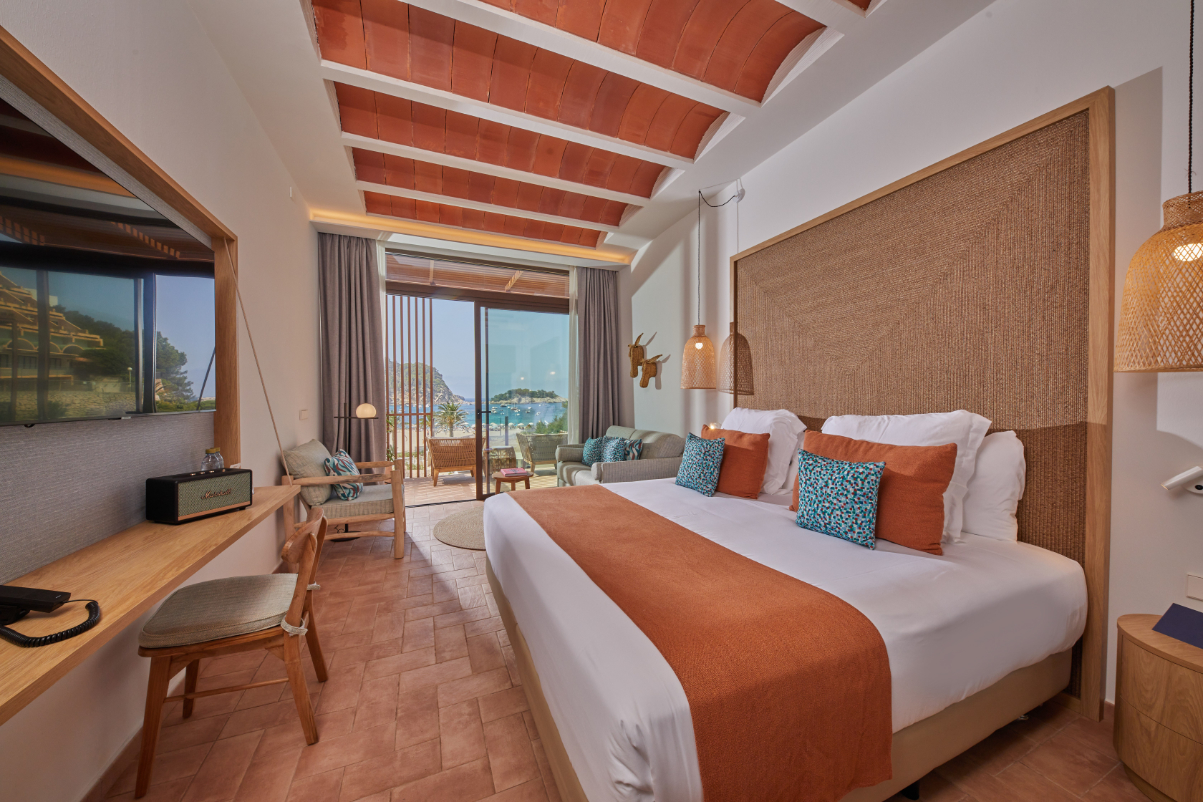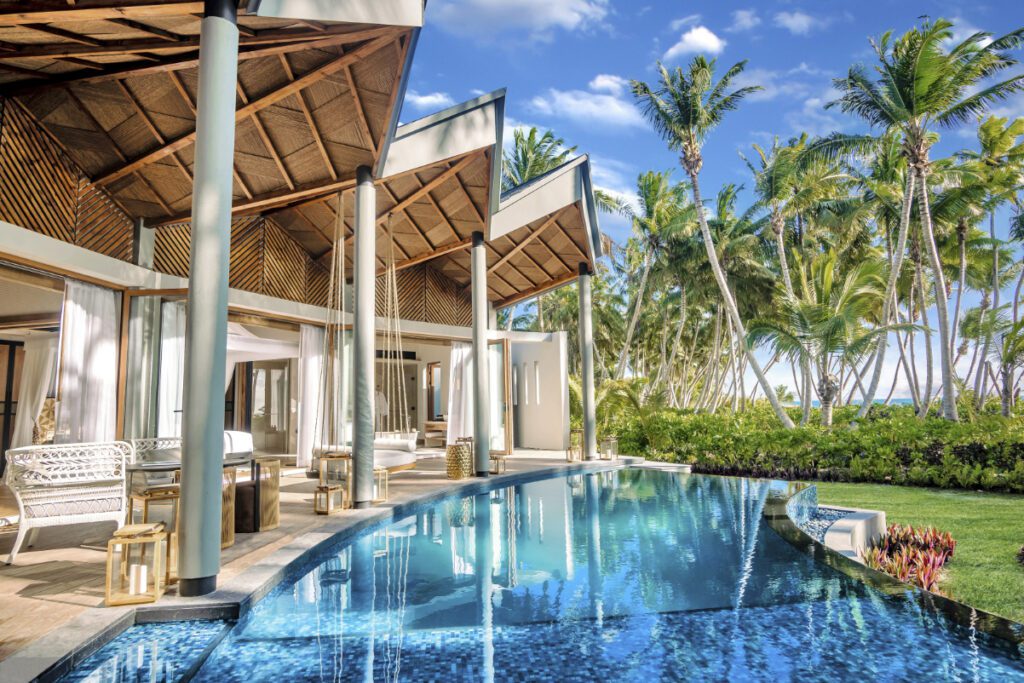Travel
Hilton Sees Full Corporate Travel Rebound in Hotel Stays in 2024

Skift Take
Vacationers have been Hilton’s bread and butter recently, but the hotel giant predicts a full house of the briefcase brigade soon.
Hilton has ridden high on a surging wave of vacationers. But executives at the hotel giant now see the return of corporate trips and conferences as powering the next phase of its growth.
Executives predicted Wednesday that occupancy by corporate road warriors and conference-goers would fully recover to pre-pandemic levels soon.
“By the end of the year from a demand point of view, we think there’s an awfully good chance that BT [business travel] will get there, too,” said Christopher Nassetta, president and CEO. “Just given continued growth in the big corporates and very resilient SMB [small-and-medium-sized] businesses.”
The McLean, Virginia-based owner of more than 20 brands, such as DoubleTree and Waldorf Astoria, said small business travelers are already staying above 2019 levels.
Corporate road warriors are expected to follow suit, thanks to their companies’ beefy balance sheets.
“What we’re hearing from our big corporate customers is they’re traveling more because their balance sheets are strong and their earnings are still relatively strong,” Nassetta said.
Conferences and events are also poised to fully recover their pre-pandemic volumes.
“If you look at the group trends, they are really strong,” Nassetta added. “By the time you get to the second half of the year — and certainly, by the end of the year, group demand will be finally back — just based on the underlying strength in that space.”
Hilton’s pricing power
Hilton’s boss predicted that the company would retain its strong pricing power, which it has enjoyed for the past couple of years.
“In fact, you could have slight occupancy declines in leisure, but during most days of the week, you’re building more pricing power, which I think allows you to continue to have the ability to push rate,” Nassetta said.
The shifting dynamic in occupancy and rate is broadly leading to a modest deceleration in revenue per available room, a key industry metric, as patterns return to averages. In 2019, executives argued that full-year systemwide revenue per available room growth of 2% to 3% year-over-year was a good outcome.
This year, the company expects to see its revenue-per-available room rise between 2% and 4%, executives said.
Some analysts were bullish, partly because Hilton executives have recently tended to lowball their guidance to manage Wall Street expectations.
A case in point: Analysts Patrick Scholes and Gregory Miller predicted Hilton would hit 5% growth in its revenue-per-available room this year on a currency-neutral basis in a Wednesday report for Truist Securities.

Hilton’s first quarter
The hotel operator’s first-quarter earnings showcased its strong financial position.
In the first three months of the year, Hilton generated $268 million in net income off of $1.05 billion in revenue — after subtracting revenue it must pass to its managed and franchised properties.
Hilton produced an adjusted EBITDA of $750 million.
Further acquisitions?
Hilton’s management surprised the hotel sector earlier this year by announcing two acquisitions — a planned one with Graduate Hotels for $210 million and one with Sydell Group’s NoMad brand that closed this month — after going 16 years without acquiring a hotel brand.
“I don’t think you should expect that you’re going to see any additions to net rooms growth in that arena,” Nassetta said. “Now I’m going to say as I always do, ‘Never say never.’”
Nassetta referred to the acquisitions as “a one-time sort of thing” and suggested that Hilton might increase its property count mostly through its own work by brands it already has or creates in-house.
“We don’t have any other of those sorts of tricks up our sleeve anytime soon,” Nassetta said.
Accommodations Sector Stock Index Performance Year-to-Date
What am I looking at? The performance of hotels and short-term rental sector stocks within the ST200. The index includes companies publicly traded across global markets, including international and regional hotel brands, hotel REITs, hotel management companies, alternative accommodations, and timeshares.
The Skift Travel 200 (ST200) combines the financial performance of nearly 200 travel companies worth more than a trillion dollars into a single number. See more hotels and short-term rental financial sector performance.









